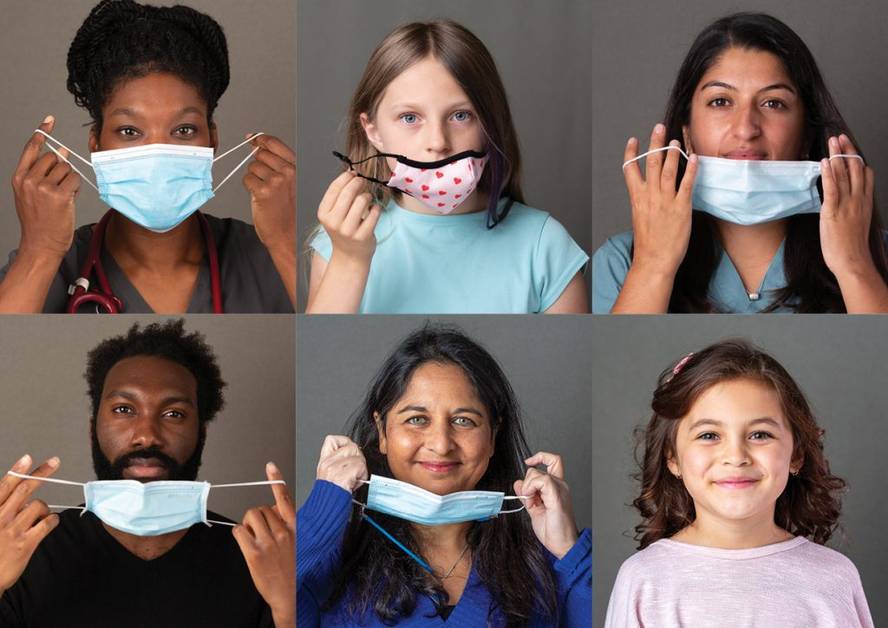An independent WHO team presents its strategy to prevent future pandemics
Last year the World Health Organization (WHO) created an independent working group to develop an evidence-based pandemic prevention strategy for the future. Now, analyzing the measures taken by the institutions to address covid-19 and the evolution of the pandemic, the group has presented the results obtained and the steps to be taken in the future, both to curb covid-19 and to prevent future outbreaks from becoming global catastrophes.
According to the report presented by the working group, the world needs a new international pandemic prevention system. In fact, it has detected failures in all links of the current surveillance and response system. In his view, surveillance was weak and lacked sufficient economic resources; the alert system was too slow and discreet; WHO has not had sufficient power; the response has increased social inequalities and there has been no global political leadership.
In addition, when the first outbreaks occurred, it took too long to be warned by international health officials. Even when the emergency situation was declared, most countries were waiting for it to happen, rather than preparing a strong response. there has been no international coordination and WHO representatives have not had sufficient influence. The failure to make forecasts has caused social inequalities to be ignored, so the gap has increased.
Evidence-based
In addition to errors, the team has highlighted some positive aspects. Among them are the efforts of health workers and the response of some countries, using what they learned from previous pests, based on science and using transparent and effective communication, strengthening the community. He has also seen that giving a good response is not related to the economic level of countries, but some rich countries have not been able to control covid-19.
Recognize that vaccines have actually developed rapidly but that distribution must be equitable. And he said that one of the keys to progress is to share scientific data and information. This was expressed by Hellen Clark, President of New Zealand and member of the team in the presentation of the report: "Science has given the world when it most needed it, and that science depended on the open exchange of data and knowledge. Their benefits must also be shared freely and openly."
Short and long term proposals
The group considers that now the priority is to address covid-19, presenting short-term proposals. But, at the same time, he stressed that what is happening is a subject and has advised to be prepared for future interventions.
Short-term statements include the equitable distribution of vaccines and knowledge and technology for their production; the transfer of economic resources to the ACT-A project for the creation of tools to combat covid-19; the implementation of non-pharmacological measures in all places based on the epidemiological situation; and the design of a WHO strategy with clear objectives for all countries to work together to overcome covid-19.
In the long run, and so that the following apparitions do not become pandemics, he has given concrete advice. First, it is the responsibility of high-level political leaders to address and respond to pandemics, within which leaders of all states and governments make a political statement at the United Nations Special Assembly in September. On the other hand, strengthen the power, independence and economic capacity of WHO, and now invest to face future crises.
It considers it essential to create an agile system of surveillance and notification of outbreaks, as well as a platform that guarantees the knowledge, production, distribution and regulation of therapeutic and sanitary instruments. It proposes establishing a long-term financing system and, finally, a direct communication between pandemic managers and heads of government. The team highlighted the need for managers to be interdisciplinary and for the community to also participate, especially groups at risk of exclusion.
Together with the general report, the working group has presented a summary and another document that includes the most significant moments of this pandemic.






